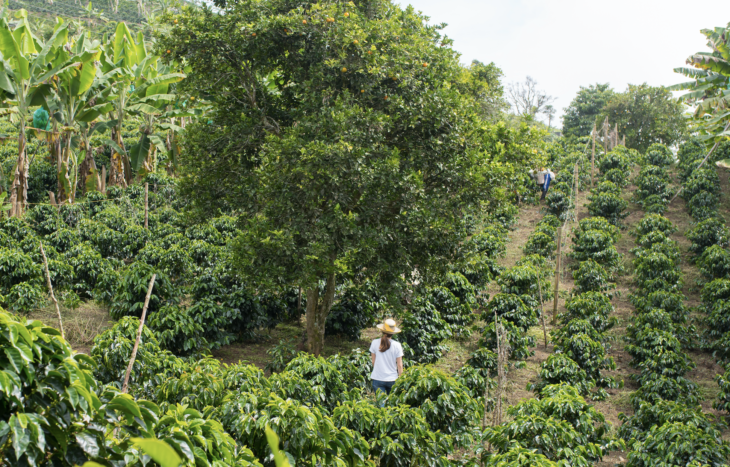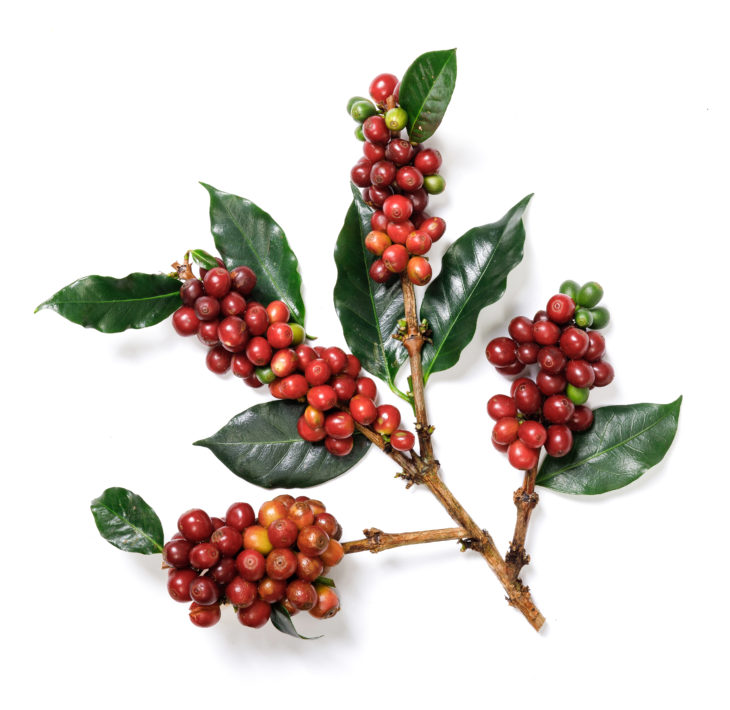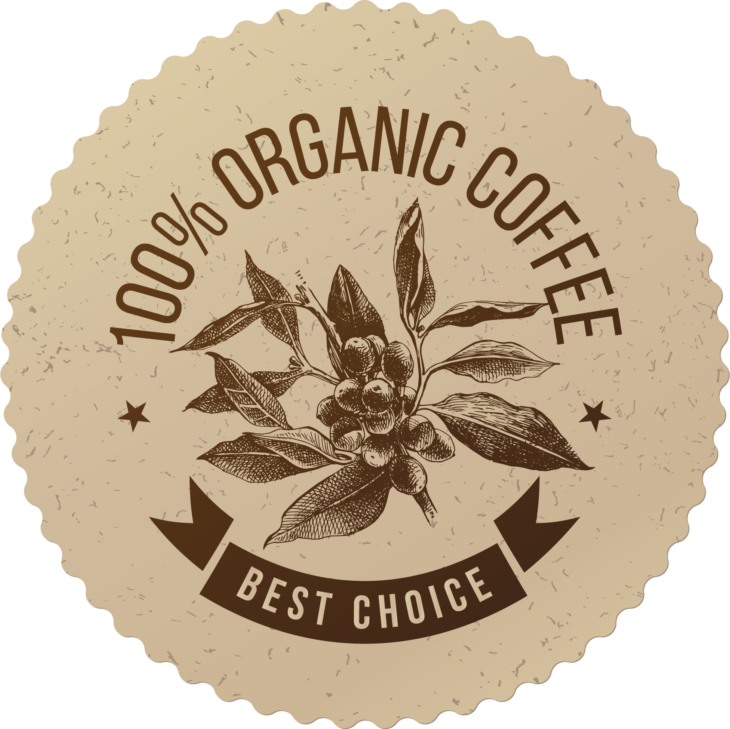THE OGM: 30 YEARS IN BUSINESS Edition - Read Now!
View Past IssuesIt’s not a trick question. The answer is ORGANIC COFFEE.
Did you know that coffee is the second most traded commodity in the world, therefore it has a massive impact on just about everything.
While you are drinking your next Coffee, ask yourself how it has grown and how it is impacting animals, the environment, and your health.

Unfortunately, Coffee is also among the most heavily chemically treated foods on the planet. Coffee farming chemicals such as pesticides, insecticides, herbicides, and fungicides can contribute to cancer and damage the reproductive and nervous system of the body.
Organic Coffee, however, has no synthetic fertilizers or chemicals used during production, which means it’s better for you, the environment and the animals. Organic Coffee also grows with natural fertilizers such as coffee pulp, chicken manure, or compost.
Coffee naturally prefers to grow in shaded areas, and thick forests are more challenging to harvest. Because of unprecedented world coffee demand, forests are demolished to make room for open fields in which to grow mass amounts of Coffee, ultimately disrupting the ecosystem. Unfortunately, the result is, natural pest-deterrents, like birds and lizards, are left without a habitat – and coffee-ruining insects overpopulate, leading to more pesticide use. Without bird droppings, leaf litter, and natural decay as fertilizer, the use of chemical fertilizer increases in open coffee crop fields.
When it rains, the lack of tree cover in open fields means there is increased water runoff. Soil washes away, and with it goes natural nutrients, eventually eroding and degrading the land. Rainwater carries away not just the soil, but all of the chemicals it is treated with, and both end up in local water supplies.
Organic Coffee is grown within the shade of trees in the forest. Naturally, the forests remain intact and continues to support the ecosystem of wild plants and animals, which in turn, sustain soil fertility.

Many farmers who produce certified organic Coffee are fair trade compliant, which guarantees a higher pay rate to employees. In developing nations, this is a significant consideration as well.
From a health perspective, organic Coffee is rich in antioxidants, vitamins, and minerals, such as riboflavin, pantothenic acid, and niacin, potassium, manganese, and magnesium. As the soil of organic coffee is free from damaging chemicals, it is much healthier and full of nutrients which gets passed on to the beans. Organic Coffee will ensure the body is protected against cell damage, boost the immune system, and enhance brain function. Your goal is to keep the antioxidant effects intact and not offset them with chemical overload.

So when you drink ‘organic Coffee’, you really can feel good about it. It aids in the conservation of wildlife, birds, vegetation, and soil preservation and it does the body good. If Covid-19 has taught us anything, it’s to protect our health, animals in their environment above all. A big shout out to all the coffee companies who serve organic coffee! We love you and thank you for doing so!
So the answer to the question of organic Coffee or not. The answer is overwhelmingly clear. If you care about our animals, the environment, and your health, organic Coffee is the way to go.


Did you enjoy this article?
We respect your privacy and will never share your information with third parties.